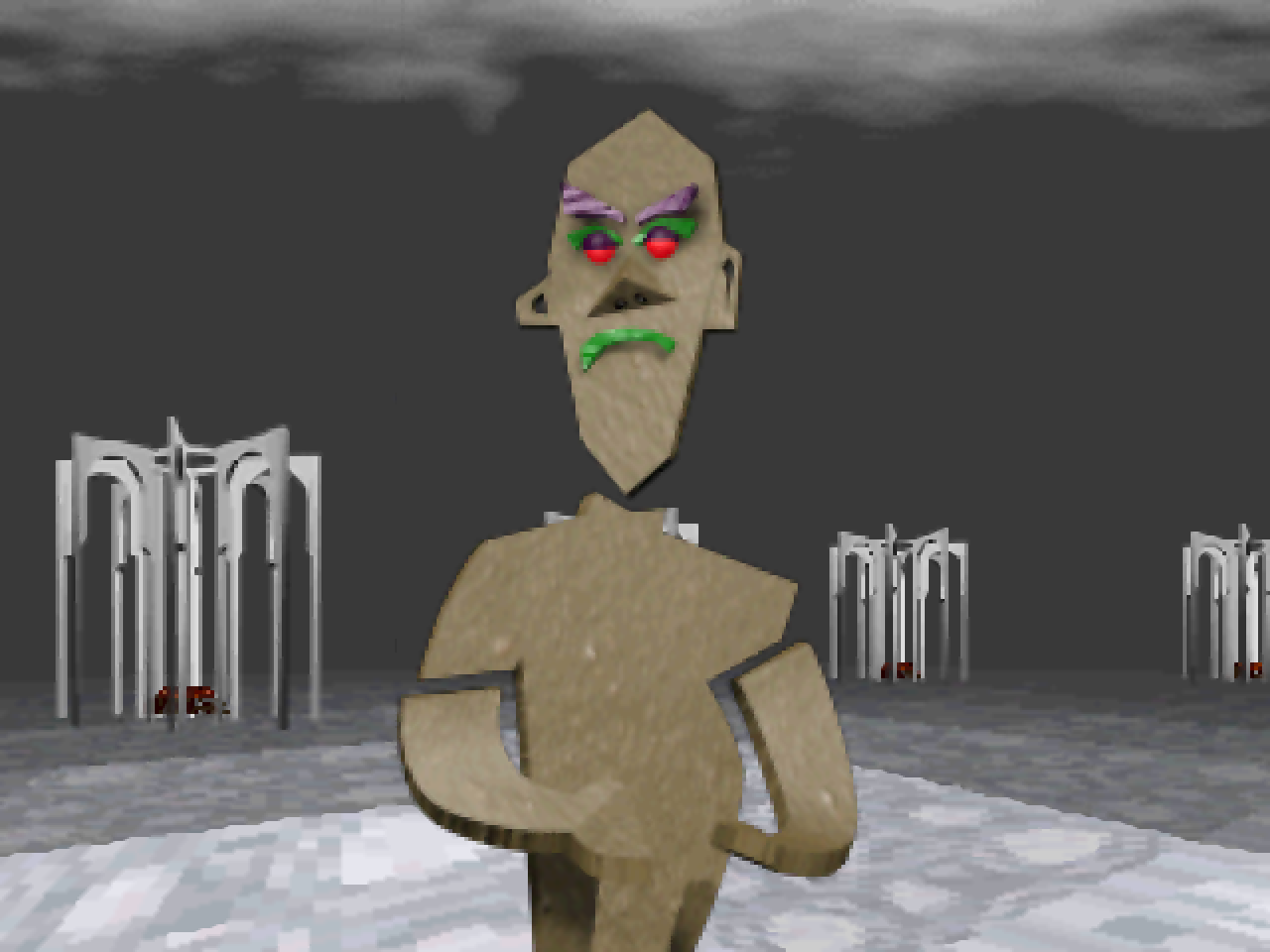Totally naive question, but is there any merit to Pop! OS continuing to be based on Ubuntu as opposed to Debian?
I ask because of the following developments that have happened over the past few years:
- System76 is gunning to develop their own COSMIC DE not based on GNOME
- Debian now officially supports non-free firmware in their ISO releases, meanwhile supporting this out of the box was kind of Ubuntu’s whole “raison d’etre” in the early days
- Canonical is forcing snaps on everyone, and is making it progressively harder to remove them from the system without having very real impacts (I’m hearing whispers online about them “snapifying” CUPS printer drivers), and to get around this System76 basically has to repackage some software into .deb files by hand and offer flatpak integration as an alternative if people want newer stuff.
Essentially, the conclusion I am drawing from all this information is that it’s going to get harder and harder to base things off of Ubuntu moving forward, and that other than newer packages (which is solved with flatpaks) there’s actually not a whole lot of benefit to basing things off of Ubuntu as opposed to a slightly tweaked Debian flavor…
So with all that said, I’m curious what the community and developers behind Pop! OS think about my line of reasoning. Are there any considerations being made to potentially shift to Debian as a base? If not, are there things I’m not considering? Or (and this is totally out of left field), is System76 planning to become a company somewhat resembling Canonical and create their own distro based on the Debian testing branch?
Would love to hear some thoughts on this, and apologies if this has been brought up before.
Something like this seems inevitable for distros that have been based on Ubuntu, as Canonical seems increasingly set to make Ubuntu into “Linux for Canonical customers” instead of the old “Linux for all humans”.
See, this was my thought as well. Canonical seems to be going the way of RedHat, and I understand that they need to turn a profit, but my understanding is also that most of their money comes from server support. Not really sure how much they can squeeze out of Desktop users, but I guess that’s what snaps are for…
Vanilla OS is also switching from Ubuntu to Debian for similar reasons – closer to a vanilla experience and not having to spend time detangling snaps
Interesting thread overall. Maybe I’d contribute my two cents
Some considerations:
- Linux Mint may make their debian-based as their main thing
- CalVer might be better for a more general audience, according to LibreOffice project; SemVer, on the other hand, seems to work well, as shown with Fedora project
- Ubuntu’s release cycle is very predictable, with their release every month 4 and month 10, LTS on every month 4 of even year; Debian’s isn’t as neat and predictable, but for the last couple decaded they’ve been making release every two years rather consistently, albeit the irregular months
- Ubuntu may have the edge with their more up-to-date software for the regular release, but people may not care that much especially now we have Flatpak as the equalizer; as for the system package, Debian now has all the non-free drivers for nvidia and all their nonsense, along with the backport repo to enable if one really wants the more up-to-date software
Would they rebase to Debian? At the moment we cannot tell. We can assume they’d stay with Ubuntu as a default, but we have nothing denying it can be otherwise.
Would it be a huge undertaking? Most definitely. But we’ve seen System76 taking a bigger undertaking. Indeed rebasing system packages would be nothing compared to creating DE & system mainboard from scratch.
It also helps that both Debian & Ubuntu use the same packaging system and follow the same package naming convention for most packages. This would cut down a lot of the time required for initial design & implementation, leaving them with testing & bugfix as their major parts.
It would make sense to start by having it as alternative just like LMDE.
Would they rebase to Fedora? I don’t think it would make as much sense, but we’ve seen something like this done. Still, I think they might as well create a whole new distro (or edition, since it would make sense to keep this name with a lot of publicity attached) if they’re to go this route.
Interesting two cents! Your line of reasoning is pretty thorough, and I think your educated guesses are fairly sounds! Thanks for contributing! I agree, while switching to Debian as a base would certainly be a lot of work, System76 has definitely gone above and beyond in far more complex ways, particularly with their COSMIC DE effort.
Glad to hear you finding it interesting! :)
Rebasing to Fedora would be extremely interesting, although I don’t see that happening. I think there would be a lot of affinity between Pop and Fedora thematically, as opposed to Debian which is ultra-conservative.
That’s a large undertaking. Maybe when they finish with Cosmic they might switch but that’s years down the line.
I think Ubuntu is a for-profit company. I think System76 is a for-profit company. As a rule, companies tend to respect other companies in ways they don’t respect people.
I think it’s more likely that System76 will rebase to Debian than Ubuntu kick them off, but if Ubuntu really starts pulling out the brass tacks, I don’t think System76 will show any loyalty.
In other words, I think Ubuntu benefits from counting all the Pop!_OS users as part of the Ubuntu family (at least statistics wise), that they’d be killing a golden goose by trying to evict them, even though they’d obviously prefer them to use Snaps.
This is an interesting perspective! So then by that logic, is there a possibility that Canonical will try and pressure System76 to officially switch to snaps over flatpaks?
Lol no way. How could they pressure them? Pop isn’t an official Ubuntu derivative like xubuntu,kubuntu, etc. Canonical only holds sway over those. Anyone else is just another distro.
@cybersandwich @silentTeee I would love to see a switch to Debian. I used to be on MX Linux, and the combination of rock-solid Debian plus flatpak for a bit of bleeding edge worked great.
Interesting, I didn’t realize that. Thanks for clarifying!
So something I just thought of, and I’m surprised nobody brought up (well, I guess some did indirectly, it just wasn’t obvious to me): A major benefit of basing off of Ubuntu is more up-to-date hardware support. While it’s true that Debian now supports non-free firmware by default, that doesn’t mean that it will be recent.
Debian support for hardware is truly impressive, but it ultimately lags behind because Debian prioritizes stability over new features. This is why routine Debian updates only cover severe bugs and security issues, and from what I can tell that also is the case for hardware support and the kernel.
Ubuntu tries to keep in step with new hardware releases, which makes much more sense for power users like engineers, developers and gamers, all of which seem to be key consumers of System76 hardware. Basing off of Ubuntu makes it easier to satisfy that clientele. I imagine it also makes submitting upstream fixes for hardware-related packages easier.
The advantage of being Ubuntu-based is faster updates.
The drawback is Snap, but it can be disabled.
Therefore, I think Pop and Mint should continue being so and doing that.
On a side note :
CalVer might be better for a more general audience
I disagree with this nevertheless, because when users learn what major/minor/patch mean, they can better understand how developers work and why should they upgrade.
Also, coincidentally but relevantly, CalVer is an homonym of the French calvaire which means misery.
I can’t make any predictions, but I might see a few problems with moving to debian. Flatpaks are a pretty good replacement for lots of apps, but especially with stuff like drivers for Nvidia cards (and supporting Nvidia so well is something Pop!_OS seems to like), you just can’t get all the way with the debian repos.
I think if they were to move, imo it would be more realistic to use something like Fedora as a base.
I don’t know exactly why, but I think I will always prefer Debian or its derivatives over RHEL and its derivatives.
So I kind of get this, but from what I can understand it’s more tedious from a DevOps perspective to switch package management systems than to just switch to repositories that target older software versions. Hence why I’m curious as to whether simply basing off of Debian-testing like Ubuntu does is the most likely outcome.
As for NVIDIA support, I was playing around with the latest Debian release and almost immediately noticed that the NVIDIA proprietary packages were available by default. In other words, Debian seems to be just as inclined to support an NVIDIA setup as Ubuntu does out of the box now.
I just installed Debian 12 on an Nvidia box, I turn their non-free option on and didn’t really have much in the way of trouble. It wasn’t 100% clean sailing but it nothing that Pop couldn’t take care of in a couple of minor changes.
Probably not. Ubuntu has predictable release schedules which helps when you’re a business.
See, this is why I was curious if they would just set their own release schedules and run based off of Debian-testing. But I guess that would be a lot more work, and they’d effectively be duplicating Canonical’s effort, in a sense.
They practically set their own anyways lately, so it’d be cool to see.
I’m mostly excited to see Cosmic desktop reach ublue’s repos.
Oh, absolutely. Regardless of the underlying distro, COSMIC is set to be an epic DE experience.
Agreed. I’m particularly looking forward to it on ublue since an immutable, tiling, amd user friendly DE is all I could want.
That could be cool.
Mic drop.











